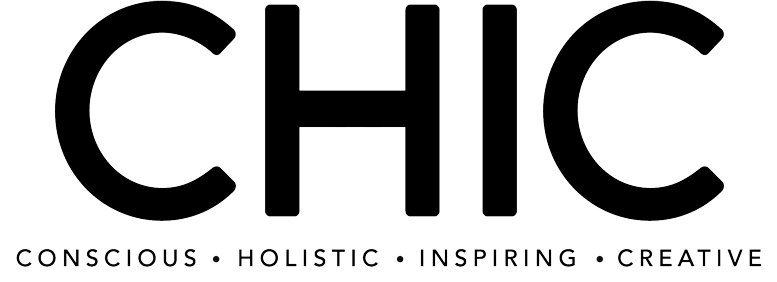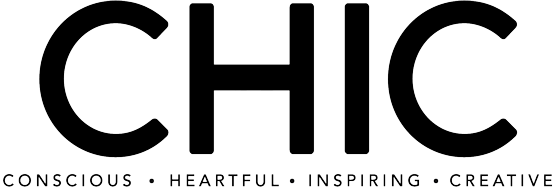The Future of Fashion 2020 – Minimalism
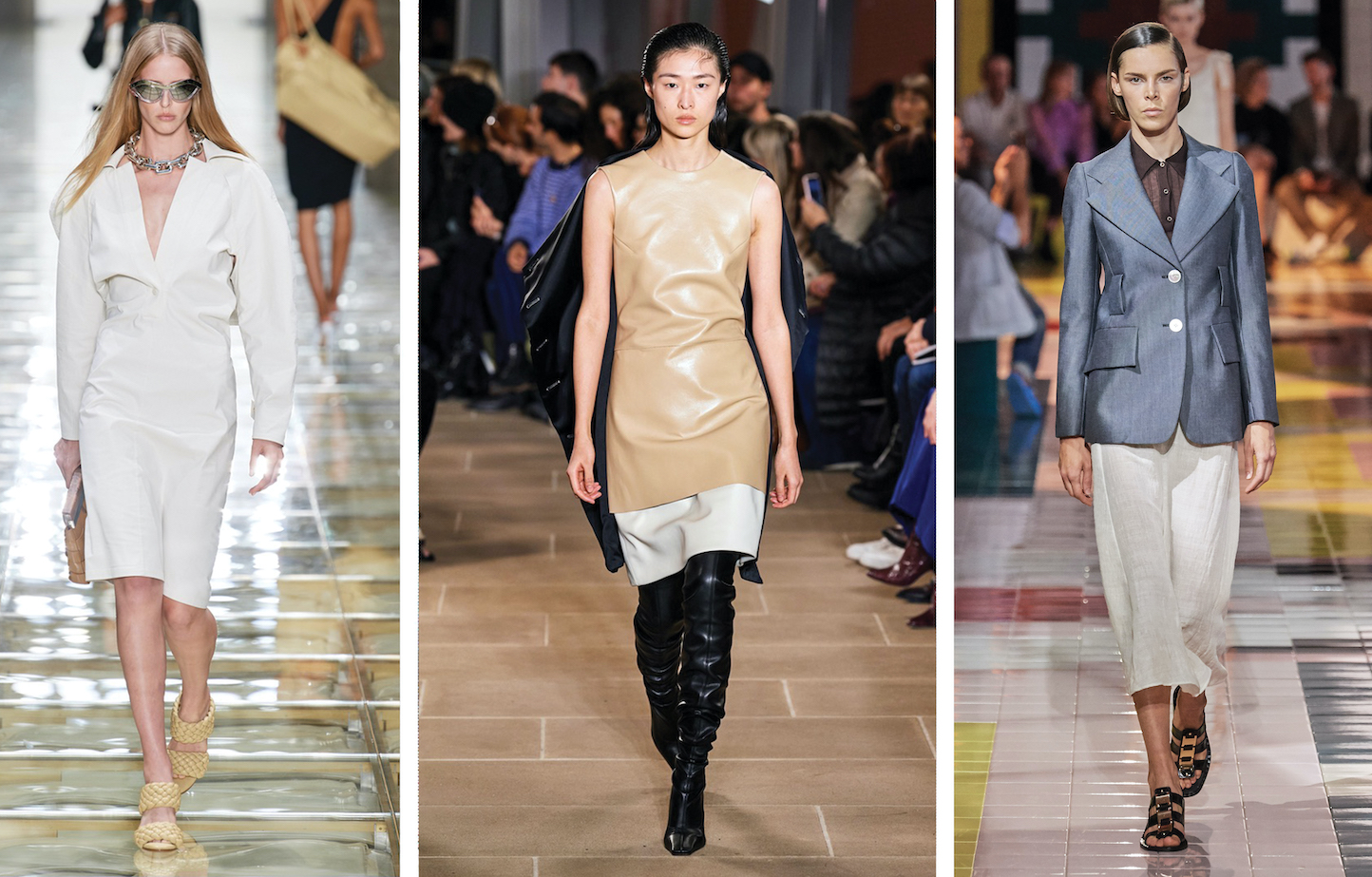
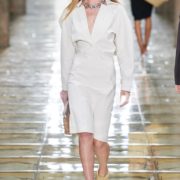
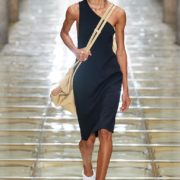
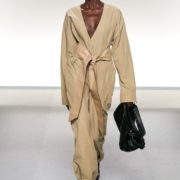
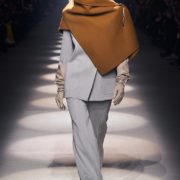 +8
+8 Fashion is a reaction to major political and economic world events. Fashion is linked to the moment and society, which continuously changes. Fashion is personal and individual, it’s self- Expression. By Patricia Rochester
Coronavirus is the biggest economic contraction since World War II, hitting every sector from finance to hospitality. The financial situation of shoppers, followed by uncertainty, will have a negative impact. A stop in production and consumption will be noticed. Buying less and buying better will be the new trend.
The pandemic will open discussions about materialism, over consumption and irresponsible business practices. Sustainability and transparency will be at the forefront of consumer’s minds.
Consumers will make or break brands based on trust. Condemned by the abundance of choice, it will be the end of more. People are seeking to simplify their lifestyles.
The future of Fashion will focus on timeless designs. Sustainable, seasonless items and the longevity of the garment will be prioritized during purchases. Classic fabrics and techniques that have a strong heritage, as consumers look for investment pieces made to last, craftsmanship will be highly considered.
The new wardrobe will be minimal and with simple silhouettes, suitable for any age, in fluid patterns and architectural forms. The color palette will be based on greys, earthy tones and chromatics. The classic trench, a staple piece in any wardrobe, has been seen in Spring runways.
Androgynous looks, the classic suit, now reinvented and easy to mix and match.
Jil Sander, The Row, Bottega Venetta and Proenza Schouler are some of the prominent designers setting the future of Fashion in the right direction. Fashion, after all, will always bring optimism!
“Fashion is basically the culture of time, it’s dictated by time, it reflects the spirits of time.” Andrew Bolton – Head Curator of the MET Costume Institute, New York.
(Photos from Vogue Runway)
